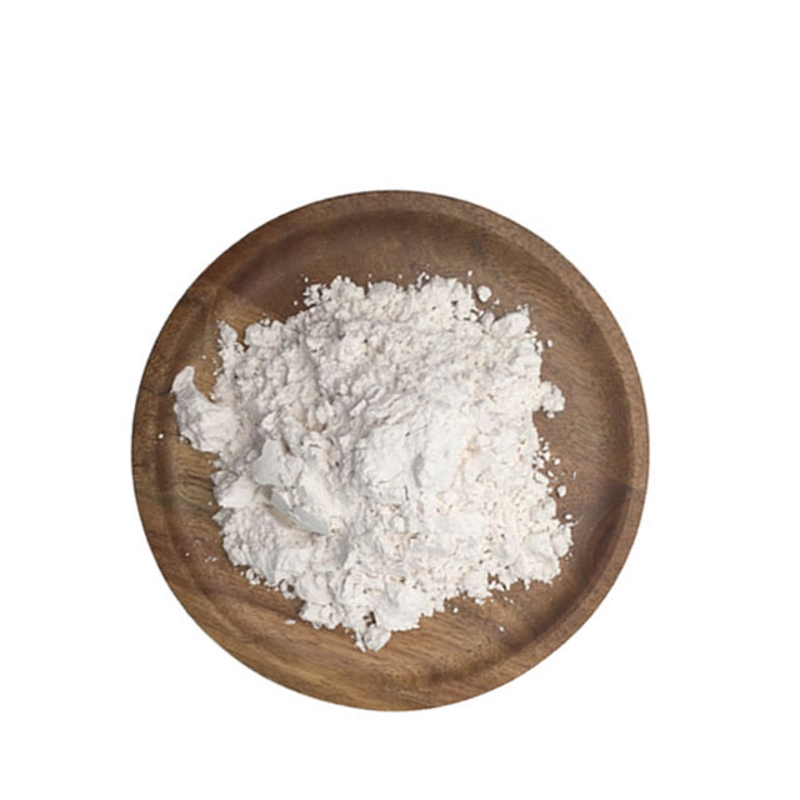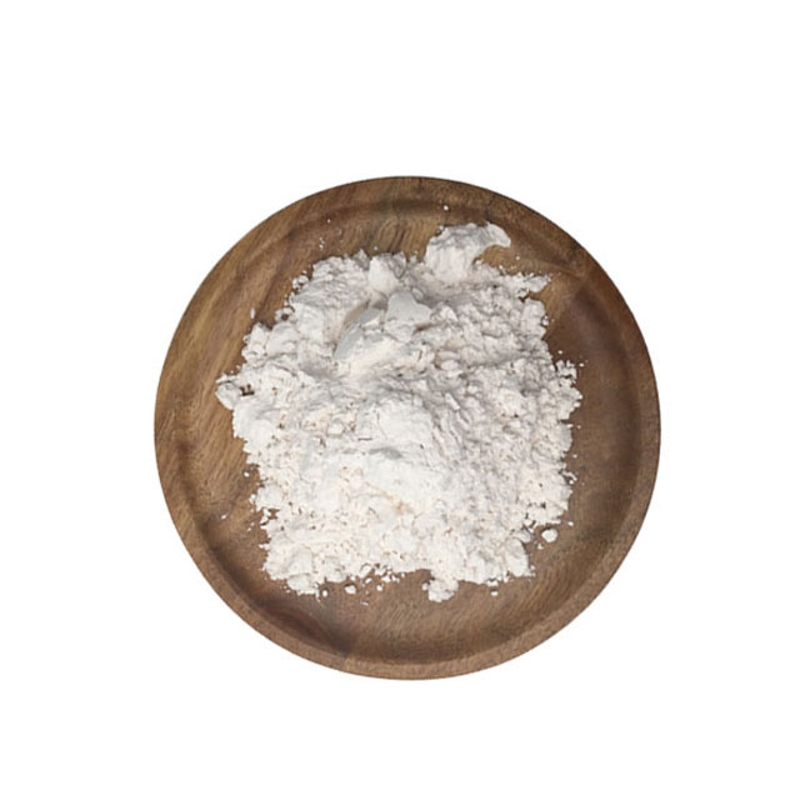-
Categories
-
Pharmaceutical Intermediates
-
Active Pharmaceutical Ingredients
-
Food Additives
- Industrial Coatings
- Agrochemicals
- Dyes and Pigments
- Surfactant
- Flavors and Fragrances
- Chemical Reagents
- Catalyst and Auxiliary
- Natural Products
- Inorganic Chemistry
-
Organic Chemistry
-
Biochemical Engineering
- Analytical Chemistry
- Cosmetic Ingredient
-
Pharmaceutical Intermediates
Promotion
ECHEMI Mall
Wholesale
Weekly Price
Exhibition
News
-
Trade Service
An accurate prognosis for patients with Alzheimer's disease (AD) is essential for patients and their families to plan for the future, reduce uncertainty, improve safety, and optimize medical decisions
Various positron emission tomography (PET) ligands have been developed, and they have a high affinity for tau aggregates formed in AD
In addition, Tau PET shows good diagnostic performance in distinguishing AD dementia from non-AD neurodegenerative diseases (such as frontotemporal dementia or vascular dementia) .
Tau PET shows good diagnostic performance in distinguishing AD dementia from non-AD neurodegenerative diseases (such as frontotemporal dementia or vascular dementia) .
(2) Perform head-to-head comparisons of Tau PET with established magnetic resonance imaging (MRI) and amyloid PET markers to predict future cognitive changes;
(3) Investigate whether age, gender and/or APOE genotype will change the association between baseline Tau PET and cognitive changes
This study collected data from 8 cohorts in South Korea, Sweden, and the United States from June 1, 2014 to February 28, 2021, with an average follow-up of 1.
They started with [18F]Flortaucipir PET (n = 1135) in the discovery cohort (discovery dataset) or [18F]RO948 PET (n = 296) in the replication dataset, T1-weighted MRI (n = 1431) ) And amyloid PET (n = 1329) were assessed at baseline and repeated Mini-Mental State Examination (MMSE)
Main outcome: baseline [18F]flortaucipir/[18F]RO948 PET retention in the temporal region of interest, MRI-based cortical thickness of AD markers, and amyloid PET Centiloids were used to predict changes in MMSE, using linear mixed effects The model adjusts age, gender, education, and cohort
They found that among the 1431 participants, the average (SD) age was 71.
The results of the [18F]flortaucipir PET study predicted the longitudinal changes of MMSE.
In all participants, the effect size was stronger than the cortical thickness and amyloid of AD markers
Age, not gender or APOE genotype changed the association between baseline [18F]flortaucipir PET and cognitive changes
Therefore, at similar tau PET levels, older people show faster cognitive decline
The significance of this study lies in the discovery: tau PET is a promising tool for predicting cognitive changes, which is superior to amyloid PET and MRI , and may support the prognostic process of AD in the preclinical and prodromal stages
.
Original source:
Ossenkoppele R, Smith R, Mattsson-Carlgren N, Groot C, Leuzy A, Strandberg O, Palmqvist S, Olsson T, Jögi J, Stormrud E, Cho H, Ryu YH, Choi JY, Boxer AL, Gorno-Tempini ML, Miller BL, Soleimani-Meigooni D, Iaccarino L, La Joie R, Baker S, Borroni E, Klein G, Pontecorvo MJ, Devous MD Sr, Jagust WJ, Lyoo CH, Rabinovici GD, Hansson O.
Accuracy of Tau Positron Emission Tomography as a Prognostic Marker in Preclinical and Prodromal Alzheimer Disease: A Head-to-Head Comparison Against Amyloid Positron Emission Tomography and Magnetic Resonance Imaging.
JAMA Neurol.
2021 Jun 28:e211858.
doi: 10.
1001/jamaneurol.
2021.
1858.
Epub ahead of print .
PMID: 34180956; PMCID: PMC8240013.
JAMA
is here to leave a message







